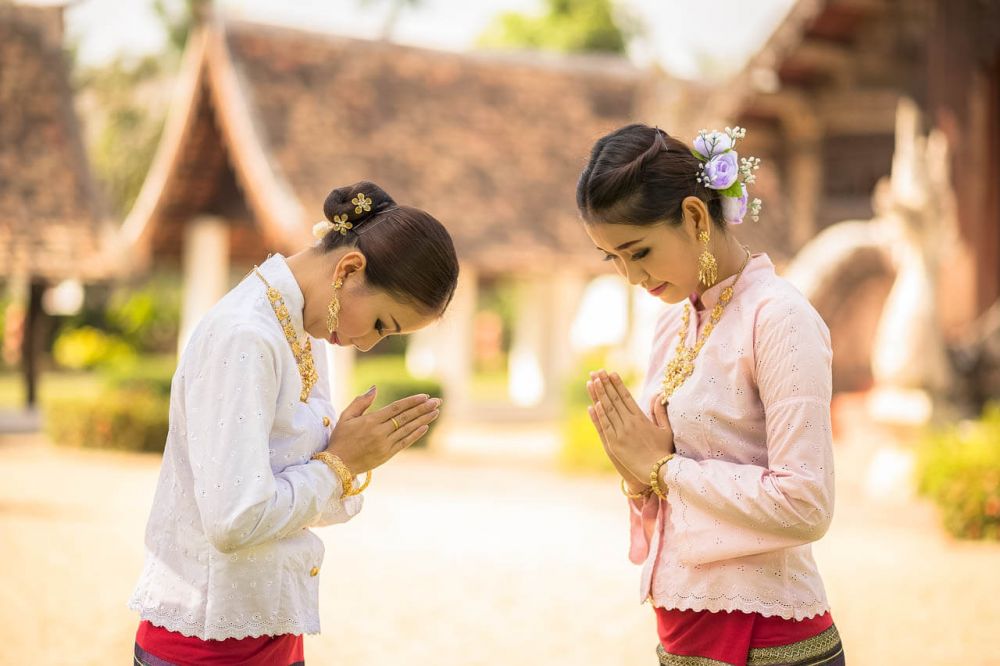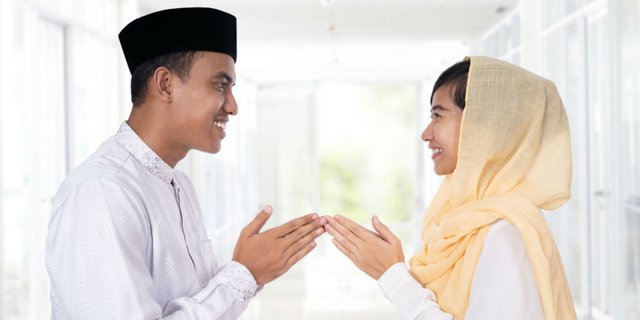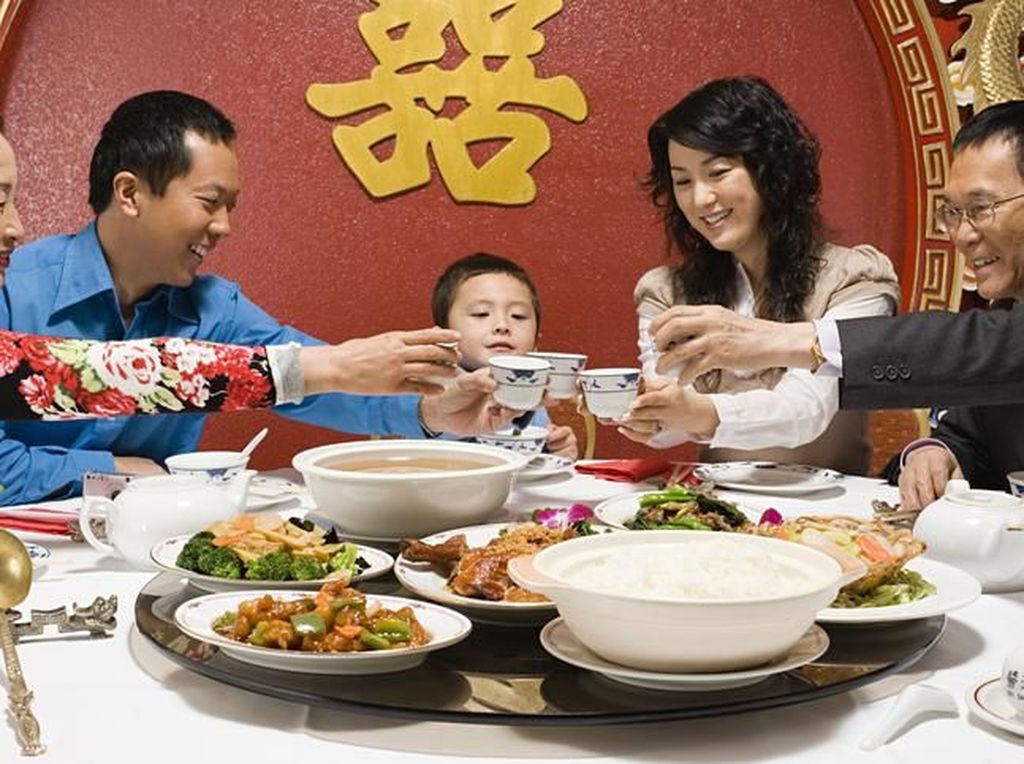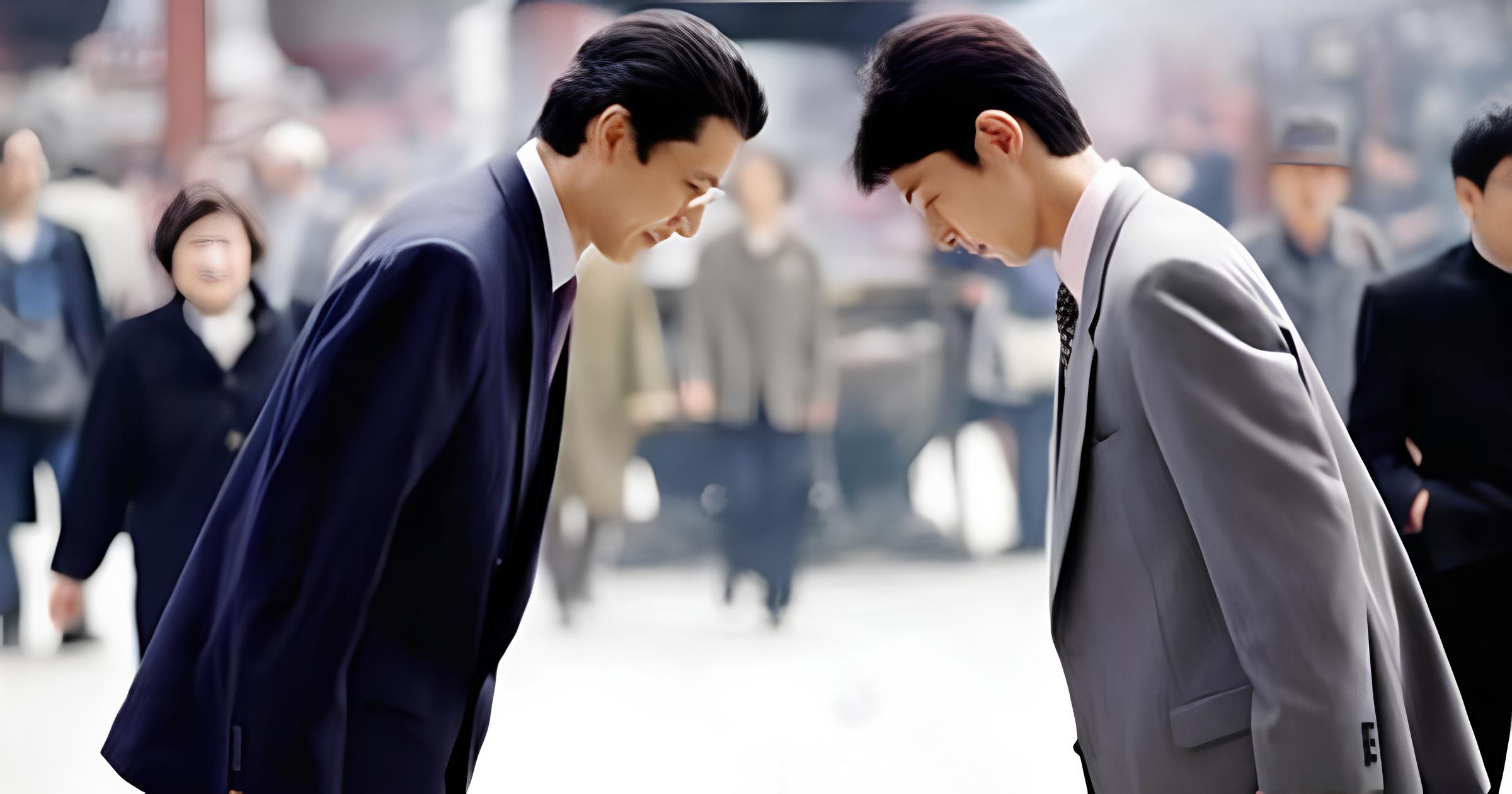Asia is a region of many interesting cultures. From food to customs, you can find everything in this region. Each country has its own customs. Interacting with different cultures in the countries of this region will leave a deep impression on you. Here are some cultures from countries in Asia that will show you how hospitable and respectful Asian people are.
Thailand, Cambodia, Laos and Myanmar

Many Asian cultures have a gesture that not only says hello, but also shows hospitality and courtesy. You will see people graciously raising their hands parallel to their chest as if in worship, while bowing their heads slightly. Generally, this greeting is used at first meetings, formal occasions, and to honor elders, priests, royalty, and deities. The deeper and lower they bow, the more respect they show to others.
In Thailand, the gesture is known as "wai," which is full of warmth. Laotians, on the other hand, use the term "nop" for this greeting. Their hands come together on the chest while saying "sabai di". In Cambodia, this greeting is called "sampeah" and the formal greeting is "jom reap suwa". Finally, Myanmar people usually use this greeting to address monks, with both hands placed in front of the face while bowing.
Indonesia
Indonesians are renowned for their warmth. One of the country's famous cultures is the 3S (smile, say hello and welcome). So don't be surprised if you go to Indonesia and see how easily people in this country smile and greet when they meet someone.

Then, have you ever heard of the "salim" culture? This culture is usually done by younger people to older people. Parents or grandparents in Indonesia are greeted and honored through this culture. Gently hold their hand, then gently press the back of their palm to their forehead or the tip of their nose.
Malaysia

One of the things that sets Asians apart is their hospitality. Malaysians do the same. In Malaysia, there is a gesture called "salam", a traditional way of expressing a warm welcome. After shaking hands with another person, Malaysians place their hands on their chest and bow slightly as a sign of respect, essentially saying, "I welcome you sincerely. However, among the younger generation of Malaysians, a wave of the hand and a nod of the head is sufficient to convey the same greeting.
South Korea

If you've ever seen a gift exchange scene in a K-drama, you know that this is a popular custom in South Korea. When someone is giving or receiving something, whether it is a gift or a business card, it is important to always use both hands. This gesture can show appreciation for the person receiving or giving the item.
China

Some of you may have heard of the Chinese culture of leaving food on the plate. It is a common custom to leave some food on the plate as a sign of politeness when eating. It is considered good manners. If you're visiting someone's home in China, it's a good idea to leave some food on your plate. An empty plate may indicate to the host that you are still hungry, which may mean that the food served was not satisfying to you.
Japan

This country also has a culture of bowing that is famous throughout the world. It is called "Ojigi" and is done to congratulate, request, thank, or apologize. Ojigi is done to show politeness and respect to the other person. Basically, this culture has 2 basic positions, sitting and standing. There are three important factors to consider when doing ojigi, namely keeping the back upright but relaxed, keeping the legs and hips parallel, and regulating breathing by inhaling when lowering the head and exhaling when raising the head. To this day, this culture is still practiced and preserved by the people of this country.
The Philippines
The Philippines has a culture that is very concerned about the use of language. Here, to honor elders, adding "po", which means "yes", at the end of a sentence can make a statement or request sound more polite. Then, similar to Indonesia, the Philippines has a "salim" culture called "pagmamano". This culture is usually done when entering someone's house or returning from church. The meaning is so deep. Older people will receive "mano po" and give blessings, wisdom and even forgiveness to the younger generation.



















